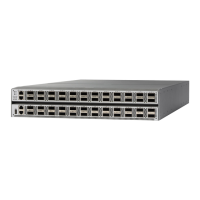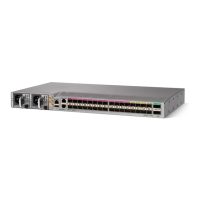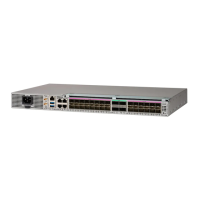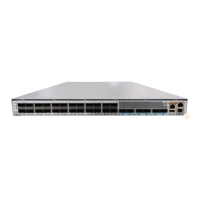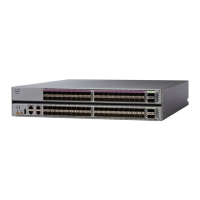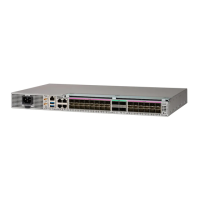3. router-id { router-id }
4. area area-id
5. Do one of the following:
• stub [ no-summary ]
• nssa [ no-redistribution ] [ default-information-originate ] [ no-summary ]
6. Do one of the following:
• stub
• nssa
7. default-cost cost
8. commit
9. Repeat this task on all other routers in the stub area or NSSA.
DETAILED STEPS
Step 1 configure
Step 2 Do one of the following:
• router ospf process-name
• router ospfv3 process-name
Example:
RP/0/RP0/CPU0:router(config)# router ospf 1
or
RP/0/RP0/CPU0:router(config)# router ospfv3 1
Enables OSPF routing for the specified routing process and places the router in router configuration mode.
or
Enables OSPFv3 routing for the specified routing process and places the router in router ospfv3 configuration mode.
The process-name argument is any alphanumeric string no longer than 40 characters.
Note
Step 3 router-id { router-id }
Example:
RP/0/RP0/CPU0:router(config-ospf)# router-id 192.168.4.3
Configures a router ID for the OSPF process.
We recommend using a stable IP address as the router ID.
Note
Step 4 area area-id
Example:
RP/0/RP0/CPU0:router(config-ospf)# area 1
Routing Configuration Guide for Cisco NCS 5500 Series Routers, IOS XR Release 6.3.x
52
Implementing OSPF
Configure Stub and Not-So-Stubby Area Types
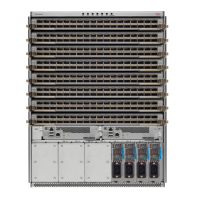
